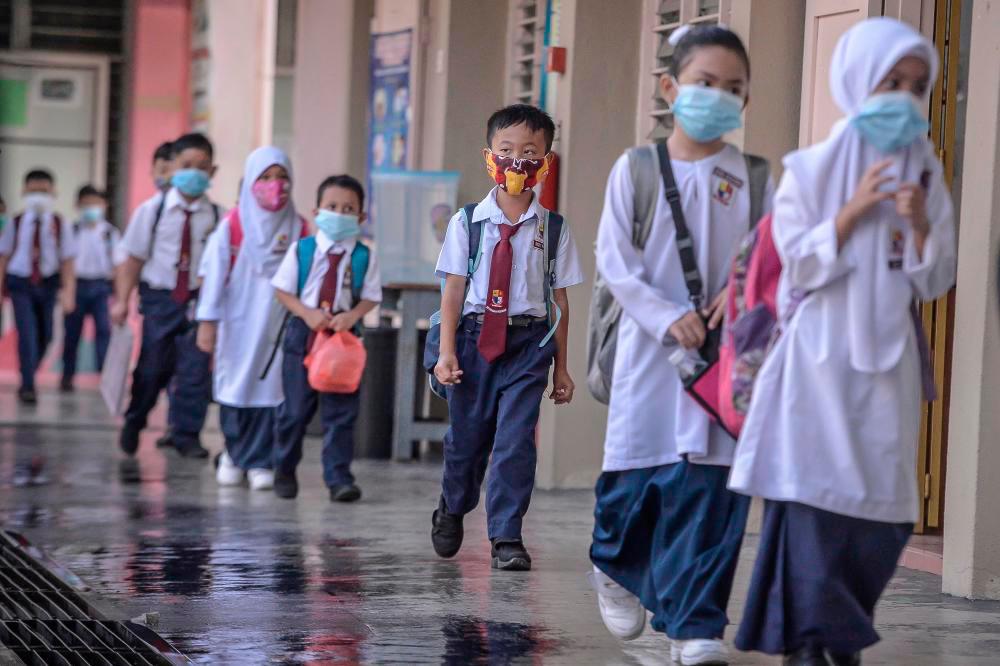PETALING JAYA: The United Nations Children’s Fund (Unicef) urges all sectors to work collectively to include refugee children in the national education system.
Unicef education specialist and lead Azlina Kamal said refugee children should also be permitted to pursue a formal, recognised curriculum rather than being confined to unofficial parallel schools or learning centres.
She said of the approximately 41,000 refugee and asylum-seekers of school going age registered with the United Nations High Commissioner for Refugees in Malaysia, only 34% have access to informal education provided by learning centres established by refugee communities, NGOs, and faith-based organisations.
“This means that two out of every three refugee children in Malaysia still lack access to any form of education.
“Every child, irrespective of their legal status, nationality, or citizenship, is entitled to an education.
“Quality, inclusive education and skills development are essential for the growth and future success of every child.”
Azlina said while refugee children have the option to attend private schools, the cost of private education is prohibitive particularly for refugees who lack access to legal employment.
In Malaysia, annual fees for primary pupils in private schools range from about RM17,965 to RM18,500 while for secondary school students, the yearly fees range from RM21,475 to RM24,235.
She said private schools are also obliged to comply with documentation requirements set by the government, which are unlikely to be met by refugees and further limits their ability to enrol in private educational institutions.
“As a result, the only viable option for education is through informal settings, such as refugee learning centres, also known as Alternative Learning Centres (ALCs).
“Despite efforts to formalise the registration of refugee learning centres through the Education Ministry’s guidelines on establishment and registration of ALCs, only 16 out of 150 centres have been registered with the ministry.”
However, Azlina said concern lies on the quality of education in ALCs due to lack of trained teachers who can effectively deliver lessons, and the scarcity of quality educational material and syllabus available.
She added that under the Education Ministry’s guidelines, only non-Malaysian curricula can be delivered at ALCs, but implementing such curricula is often costly for many centres.
In a study to map alternative approaches, programmes and stakeholders in Malaysia by Unicef from 2015, the Sahabat Support Centre prefers the North American curriculum for students likely to resettle there.
The report adds that The Fugee School uses textbooks from Singapore and the UK, while Ideas Academy follows the Canadian Ontario curriculum using online resources.
Some refugees consider the US-based GED Testing Service, equivalent to a North American high school diploma, as it is widely accepted for university admissions and accessible without a passport or UNHCR card.
Azlina said the future remains uncertain for refugee children, who complete their education in these learning centres due to the lack of formal recognition of their qualifications.
Without the legal status in Malaysia, these children are also barred from accessing formal employment opportunities, trapping them in a cycle of marginalisation and poverty, she added.
“Refugee children often live under constant insecurity and social tension due to the precarious nature of their legal status, subjecting them to the threat of detention or deportation, creating a persistent sense of instability.”
She said these compounded challenges highlight the urgent need for comprehensive support and policy reforms to ensure that refugee children can access quality education, gain formal recognition of their qualifications, and participate fully in society.









